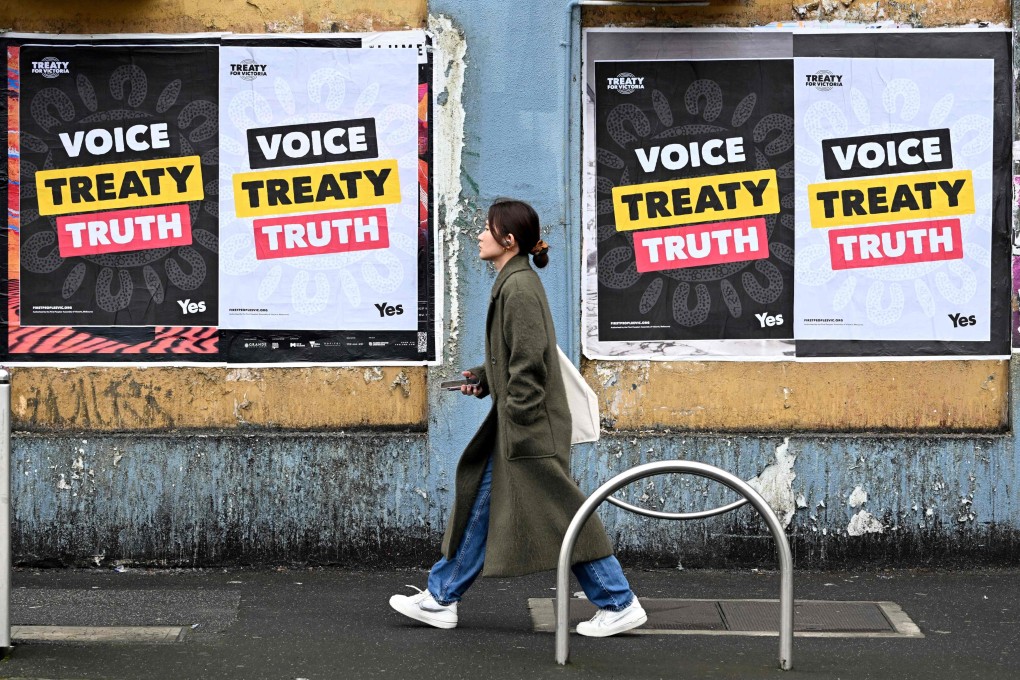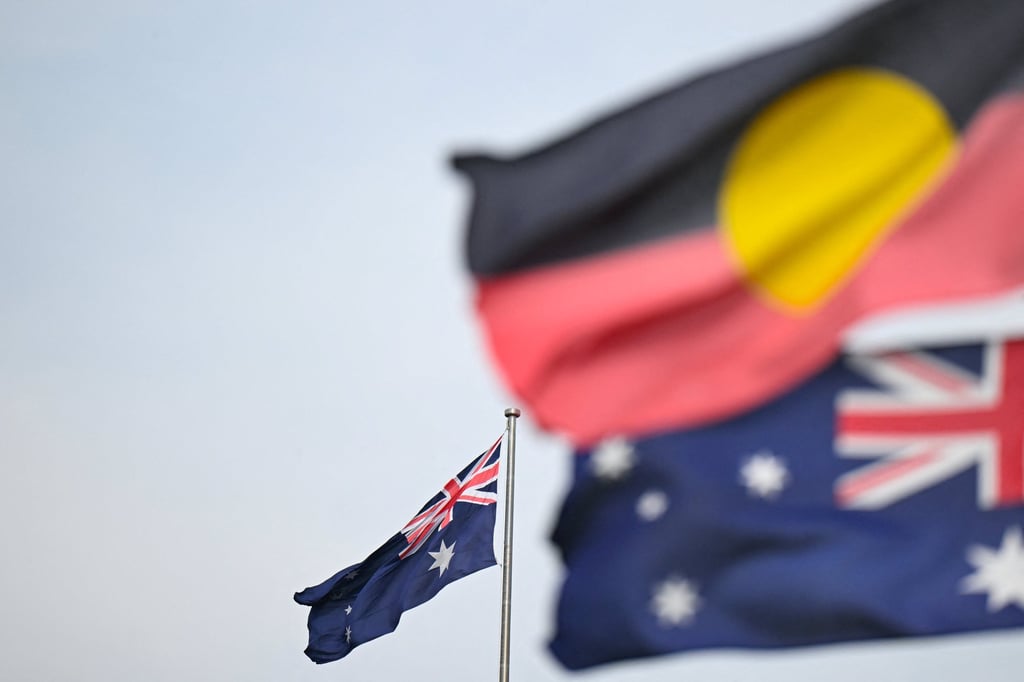In Australia, ‘false information’ leads Malaysians to conflate bumiputra policy with rights for first peoples
- Australians are set to vote on whether to enshrine ‘a voice’ for indigenous citizens in the constitution
- Amid heated debate across the nation, analysts say some people of Malaysian origin are ‘falsely’ linking the referendum to Malaysia’s nativist policies 50 years ago

On October 14, voters will decide if they want a constitutional change that will enshrine “a voice” for Australia’s Aboriginal and Torres Strait Islander people by creating a representative body to provide non-binding advice to Canberra, centuries after their populations suffered massacres and systemic segregation by colonists.
The “Voice to Parliament” campaign has attracted heated debate around the country and in the Malaysian community, the trauma of fleeing the “bumiputra” policy has resurfaced for some ethnic Chinese.
Teik Hock Lim, a retiree in Sydney of Malaysian-Chinese origin, said he was taken aback when he heard two Malaysian-Chinese patrons at a restaurant criticising the referendum for relegating them to “second-class” citizens, just as they were in Malaysia. “There are many campaigns spreading false information by insinuating that the referendum and the issues in Malaysia are the same,” Lim said.

Experts say the two policies bear little resemblance, but it reveals how the referendum has been dogged by scare campaigns and vitriolic exchanges since it was first contemplated in July last year.
